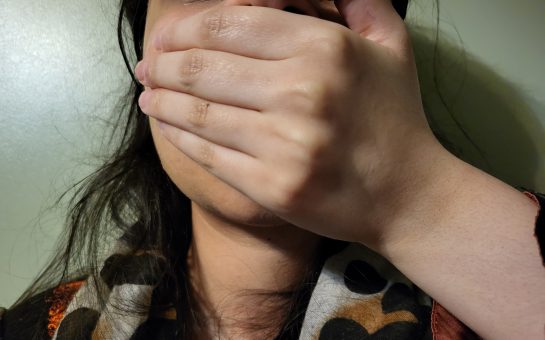Graphene, the thinnest material on earth will be explored by a unique Massive Open Online Course (MOOC) due to be launched by The University of Manchester at the start of next year.
The one-atom-thick material has many extraordinary properties, including being 200 times stronger than steel and one million times thinner than a human hair.
Dr Ian Hutt, the university’s MOOC manager, believes the course represents a fantastic opportunity for both The University of Manchester and prospective students.
“It’s a great opportunity for the university to showcase some of the research it’s been doing in an area in which we lead the world,” he said.
“There are lots of stories about it being one of the next super materials: it is super strong, extra conductive, and extra tough.
“I think it’s a good chance to learn a little bit about how graphene was discovered and what it could potentially do.
“Unlike most things which you could just Google, it’s such a new area that information isn’t readily available.
“This is what MOOCs are about: they offer a great way for people to learn and to get hold of some teaching material they might not normally have access to.”
The course requires between one and three hours a week of study, and will run for eight weeks beginning on February 1 2016.
Learning is carried out through videos, discussions, quizzes, and reading and research activities.
At the end of the eight-week course, students will receive a Statement of Accomplishment and a thorough understanding of graphene and related two-dimensional materials.
Graphene has a long affiliation with The University of Manchester, having been isolated at the institution in 2004.
That discovery earned Sir Andre Geim and Sir Kostya Novoselov the 2010 Nobel Prize in Physics.
The £61m National Graphene Institute was then opened at the university in March this year to further research the world’s first 2D material, opening the doors to new experimental fields.
The graphene MOOC is aimed at bringing The University of Manchester’s teaching to a global audience, as all potential students need is an internet connection.
The course will be taught by Dr Aravind Vijayaraghavan, who believes it offers a great way for people to find out about a remarkable substance that could revolutionise the materials world.
“It’s amazing we have the ability to teach this exciting topic and familiarise people with it who have not heard of it or don’t know very much about it,” Dr Vijayaraghavan said.
“Graphene is something that we haven’t had before. All the physics of it and all the properties are very unique, it’s just very exciting to study this new material.
“It seems like more and more people are becoming aware of what it is and many people, especially with a basic science background, are curious to see what the excitement is about.
“As graphene researchers at the university it means we are not just limited to lecturing our students in the classroom, we can teach people all over the world what we have learnt.”
Image courtesy of UCL Mathematic and Physical Science, with thanks.



